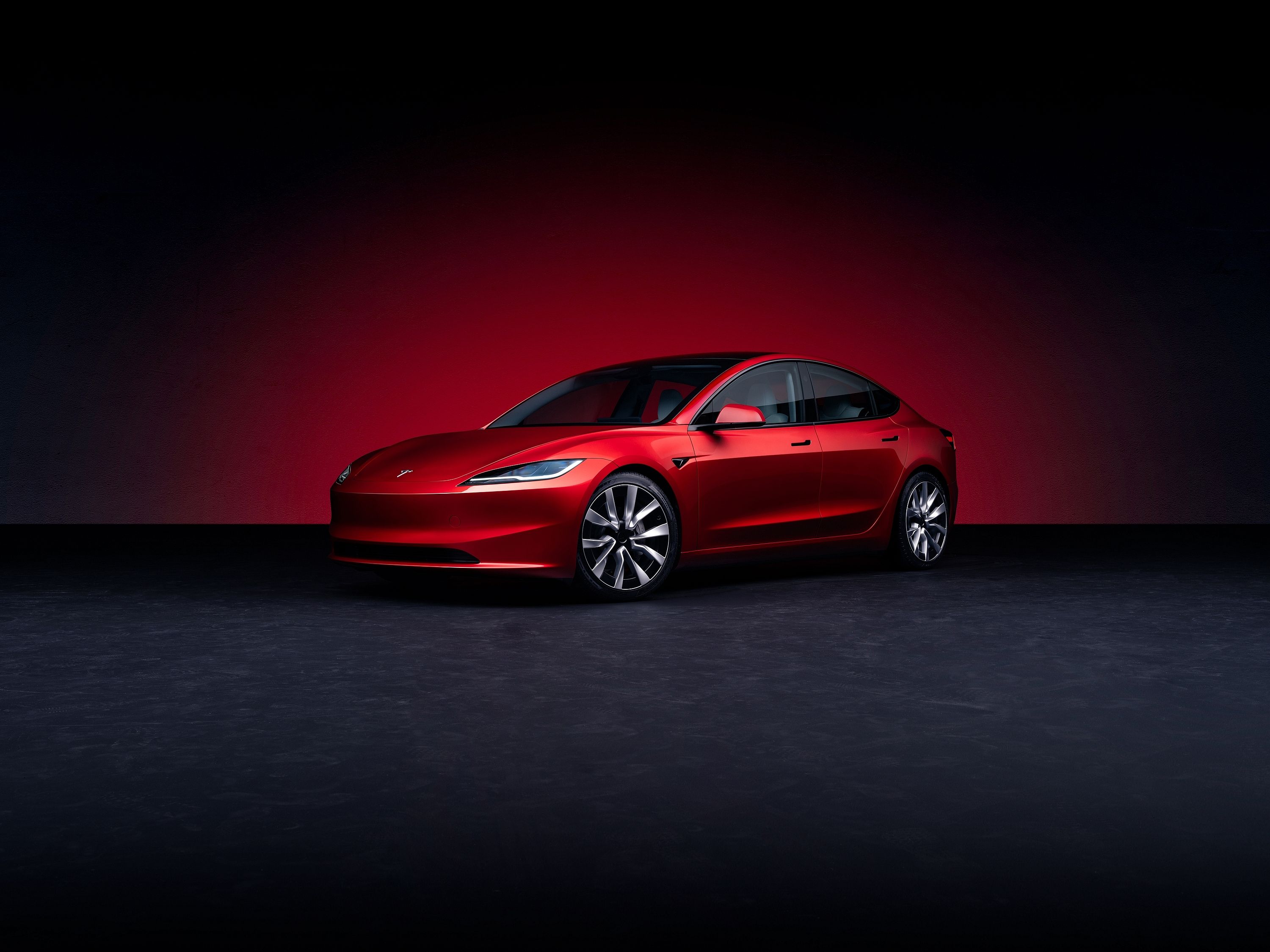
According to Elon Musk, Tesla will achieve full autonomy in a vehicle before the end of the year, adding to a long list of optimistic promises that the CEO has made through the years. Musk made this statement in an Earnings Call based on this year's first-quarter results.
"The trend is very clearly towards full self-driving, towards full autonomy," said Musk. "And I hesitate to say this, but I think we'll do it this year. So that's what it looks like." That's hardly the most confident-sounding statement the Tesla boss has ever made.
It's not obvious whether this full autonomy will be seen in a prototype or a production model or if it will technically be fully autonomous at all, considering that the company's Full Self-Driving suite has been heavily criticized for being misleadingly named.
By now, we know that Musk has a tendency to overpromise and underdeliver. Right at the end of 2021, he claimed that Tesla would "quite likely" achieve Level 4 autonomy in 2022. Fast forward to 2023, and Tesla still hasn't made the stride to Level 3 that companies like Mercedes have in America.
There are a series of other unfulfilled promises made by Musk through the years, including that the company's long-awaited robotaxis would be ready in 2020. And we won't even get into the Cybertruck debacle with the ever-elusive pickup scheduled for later this year.
As a reminder, full autonomy - also known as Level 5 - can entirely take over the driving process by handling any scenario that a human would. In these cases, the driver becomes a passenger and doesn't need to intervene in any way.
Most driver-assistance systems that have been widely adopted exist somewhere between Level 1 and Level 2, where features like lane-keep assist and adaptive control are used. Level 3 is quite a step up as the vehicle can self-monitor its surroundings at a more advanced level.
It's taken years for the first Level 3-capable vehicles to arrive, and the gap between those and Level 5 could be argued as being higher, so Musk's latest claim in light of where Tesla is currently (with an advanced Level 2 system) seems dubious at best.
Late last year, Luminar CEO Austin Russell - the company making the LiDAR sensors for new models like the Volvo EX90 EV - said Tesla is an example of a company to "ridiculously over-promise" on claims relating to autonomous driving. Russell indicated that cameras and radar alone aren't enough to identify potential obstacles, and this is where LiDAR becomes crucial. Even worse, Tesla removed ultrasonic sensors from its smaller Model 3 and Model Y last year, choosing to rely on cameras exclusively.
What does all of this mean? Well, to put it bluntly, we don't expect to see a fully autonomous Tesla on the road anytime soon, let alone in 2023. We'd be more than happy for one of Musk's many predictions to be accurate and for Tesla's boss to prove us wrong, though.



